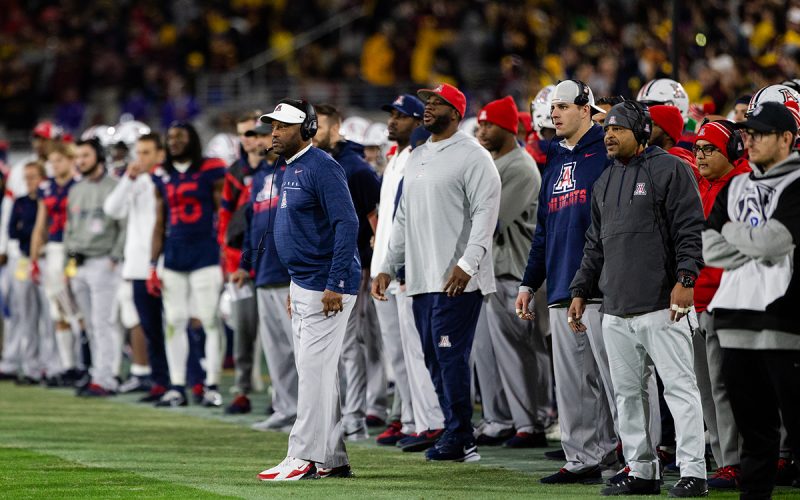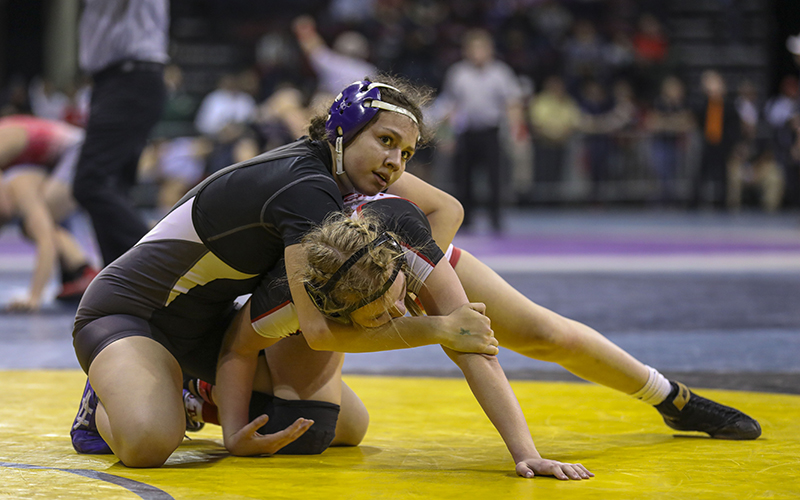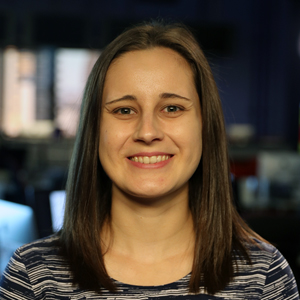PHOENIX – Masks during workouts and daily health checks are among the phase 1 requirements the University of Arizona has put in place for its athletes to return to sports participation.
Members of the school’s athletics administration spoke Thursday via Zoom about a re-entry plan that is scheduled to begin Monday.
“Our plan as a university is to bring back students, faculty and staff in a very healthy and safe manner, and eventually to be able to open, to a greater degree, the entire campus,” Director of Athletics David Heeke said.
The plan will begin with phase 1, where athletes will be placed in “pods” of 10 or fewer upon re-entry. The use of shared facilities, including locker rooms and lounges, will not be permitted, and athletes will have to follow physical distancing guidelines such as training in open-air environments, wearing facial covering during all activities, keeping equipment use minimal and maintaining physical distancing of at least six feet.
“Already, we have a group of 19-20 student-athletes on our campus that have gone through our medical evaluation,” said Dr. Stephen Paul of C.A.T.S. Medical Services. “We have specific protocols in place to check on their health related to COVID-19.”
The athlete “pods” will begin reporting to Arizona Stadium on Monday, starting with the football program, Paul said.
“The whole stadium is spaced out to allow them to do their workouts with their excellent strength and conditioning staff,” he said. “The hope is that, if we could get past these surges, we can open up a little bit more in the state.”
While Arizona believes the re-entry plan is a step in the right direction, the possibility of an athlete testing positive for COVID-19 upon arrival still exists.
“The beauty of our system, that we see it, is we’re limiting people in these bubbles so we can absorb a (positive) test, we can isolate and protect that person, and those people, in that pod, and all of the other pods are isolated and protected,” said Paul.
Daily wellness checks will also be implemented to continuously check on athletes and staff that are in direct contact or interact with one another. Temperature, symptom and exposure checks will take place each morning.
Heeke added that although the re-entry plan is comprehensive, adjustments could be made in the future depending on the local landscape at the time, as well as COVID-19 impact nationwide.
“It’s a measured plan. It’s also a fluid and flexible plan as we learn more information from health professionals,” Heeke said. “Our health and safety, our testing are critically important as we bring people back into the environment.”




